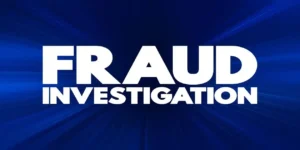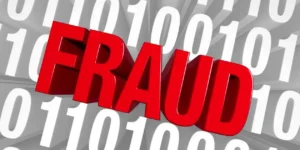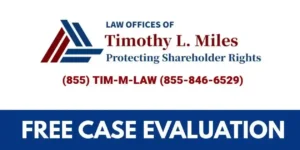
Lantheus Class Action Lawsuit: A Complete Guide [2025]
Introduction to the Lantheus Class Action Lawsuit Lantheus Class Action Lawsuit: The Lantheus Class Action Lawsuit, Margolis v. Lantheus Holdings, Inc., No. 25-cv-07491 (S.D.N.Y.), seeks


Lantheus Class Action Lawsuit: A Complete Guide [2025]
Introduction to the Lantheus Class Action Lawsuit Lantheus Class Action Lawsuit: The Lantheus Class Action Lawsuit, Margolis v. Lantheus Holdings, Inc., No. 25-cv-07491 (S.D.N.Y.), seeks

Quanex Class Action Lawsuit: An Authoritative and Complete [2025]
Introduction to the Quanex Class Action Lawsuit Quanex Class Action Lawsuit: The Quanex Class Action Lawsuit, Zanol v. Quanex Building Products Corporation, No. 25-cv-04453 (S.D.

KBR Class Action Lawsuit: A Comprehensive and Exhaustive Guide [2025]
Introduction to the KBR Class Action Lawsuit KBR Class Action Lawsuit: The KBR Class Action Lawsuit, Norrman v. KBR, Inc., No. 25-cv-04464 (S.D. Tex.), seeks

Fluor Class Action Lawsuit: A Painstaking and Authoritative Guide [2025]
Introduction to the Fluor Class Action Lawsuit Fluor Class Action Lawsuit: The Fluor Class Action Lawsuit, Maglione v. Fluor Corporation, No. 25-cv-02496 (N.D. Tex.), seeks

Baxter Class Action Lawsuit: An Instructive and Helpful Guide [2025]
Introduction to the Baxter Class Action Lawsuit Baxter Class Action Lawsuit: The Baxter Class Action Lawsuit, Electrical Workers Pension Fund, Local 103, I.B.E.W. v. Baxter

Sina Class Action Lawsuit: A Complete Guide [2025]
Introduction to the Sina Class Action Lawsuit Sina Class Action Lawsuit: The Sina Class Action Lawsuit, Lu v. Sina Corporation, No. 25-cv-07820 (S.D.N.Y.), seeks to

V.F. Corporation Class Action Lawsuit: An Authoritative and Meticulous Guide [2025]
Introduction to the V.F. Corporation Class Action Lawsuit V.F. Corporation Class Action Lawsuit: The V.F. Corporation Class Action Lawsuit, Brenton v. V.F. Corporation, No. 25-cv-02878

Marex Group Class Action Lawsuit: A Preeminent and Helpful Guide [2025]
Introduction to the Marex Group Class Action Lawsuit Marex Group Class Action Lawsuit: The Marex Group class action lawsuit – captioned Katz v. Marex Group plc, No. 25-cv-08368 (S.D.N.Y.)

WPP Class Action Lawsuit: The Ultimate Guide [2025]
Introduction to the WPP Class Action Lawsuit WPP Class Action Lawsuit: The WPP Class Action Lawsuit, Marty v. WPP plc, No. 25-cv-08365 (S.D.N.Y.), seeks to represent purchasers or acquirers

Fortinet Class Action Lawsuit: A Complete Guide [2025]
Introduction to the Fortinet Class Action Lawsuit Fortinet Class Action Lawsuit: The Fortinet Class Action Lawsuit, Oklahoma Firefighters Pension and Retirement System v. Fortinet, Inc., No. 25-cv-08037 (N.D. Cal.),

Understanding the Molina Healthcare Class Action Lawsuit The Molina Healthcare Class Action Lawsuit: The Molina Healthcare Class Action Lawsuit has garnered significant attention due to

Savara Class Action Lawsuit: The Optimum Guide [2025]
Introduction to the Savara Class Action Lawsuit Savara Class Action Lawsuit: The Savara Class Action Lawsuit, Ho v. Savara Inc., No. 25-cv-05147 (E.D.
LAW OFFICES OF TIMOTHY L. MILES
TIMOTHY L. MILES
(855) TIM-M-LAW (855-846-659)
(24/6/365)